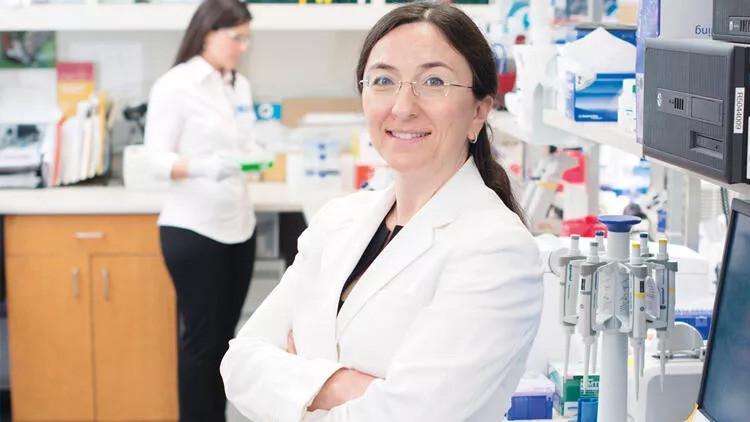
A Turkish neurology professor studying in the United States has received a $41 million government grant for her groundbreaking research on Alzheimer’s disease and how it affects people of different ethnic groups.
Nilüfer Ertekin Taner, a graduate of Hacettepe Medical Faculty, completed her PhD at the Mayo Clinic Department of Molecular Neuroscience. With a fellowship from the National Institute of Health (NIH), she completed her residency training at the Mayo Clinic Rochester Department of Neurology in Minnesota and returned to Mayo Clinic in Florida to establish her own laboratory.
Prof. Taner, who is the principal investigator of the study, also directs the Alzheimer’s Disease Genetics and Endophenotype Laboratory in the Mayo Clinic.
Stating that Alzheimer’s will probably be a global disease for several centuries, Taner said she is still hopeful about a cure.
The five-year grant from the National Institute on Aging, part of the U.S. National Institutes of Health, is the largest in the clinic’s history.
Taner will work with at least 80 researchers from the Mayo Clinic, Indiana University and 11 other U.S. institutions along with access to data from thousands of patients.
Taner stated that her research will use information about a person’s own genes or proteins to prevent, diagnose or treat the disease, and they hope to find biomarkers that will allow them to predict whether a person will develop Alzheimer’s disease, how quickly it might progress and ultimately find precision drug treatments for this complex condition.
According to the U.S. Alzheimer’s Association, deaths from Alzheimer’s have more than doubled from 2000 to 2019. There is currently no known cure, only methods to control the symptoms.
Over the course of the research, Taner and her team will analyze some brain and blood samples to create a distinct molecular fingerprint of each one.